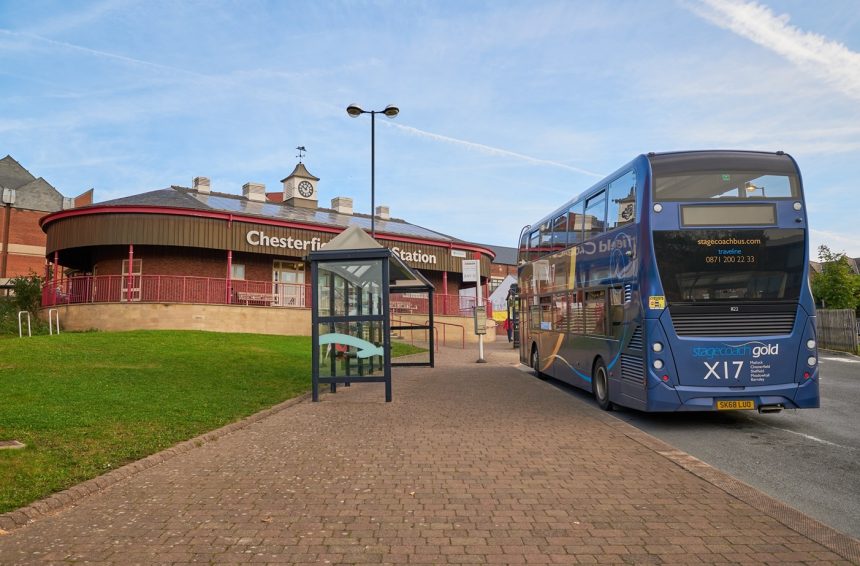A heavy focus of Bus Service Improvement Plan (BSIP) phase one money in England on shorter-term revenue schemes is frustrating some bus operators that believe it would be better put to priority measures for long-term benefit, an interim report has noted.
Evaluation of BSIP Phase 1 Interventions was commissioned by the Department for Transport (DfT) and published in late September. It is based on interviews carried out in spring 2024.
The interim report acts as an early update on that exercise. A final evaluation is likely in 2025. Data has been collated from local transport authorities (LTAs) in receipt of BSIP phase one funding. Nine bus operators have also contributed.
Noted is that while those operators welcomed BSIP phase one allocations, they “expressed a desire for a stronger focus on interventions relating to punctuality and reliability, such as bus priority and signalling upgrades, rather than revenue-based interventions.” All operators consulted highlighted that priority schemes are “transformational” for passengers.
However, that engagement highlighted how variable support from politicians is a barrier to driving capital projects, particularly where they are deemed “unpopular and controversial.” Costs that rise after the feasibility study stage is also viewed as a difficulty by operators.
To that, LTAs add how the number of components involved in capital project rollout, and delay to the transfer of funds by the government, can also hamper capital work. A small number of respondents believe that DfT “did not appear to fully appreciate the financial situation of LTAs.”
Such a remark refers to those councils being unable to progress interventions until funding has been received, not just notionally allocated. There is also some worry that DfT timescales for BSIP phase one delivery “do not fully appreciate the time needed for internal LTA governance processes.”
Local political challenges were also identified by authorities. Changes to administration and/or priorities “became a more significant time requirement to manage than some LTAs had anticipated,” the report notes. In a more positive tone, it says that progress has nevertheless been made with pilot phases of signalling upgrades and other ‘quick wins’.
“Overall, LTAs remained cautiously optimistic about the ongoing delivery of their capital interventions, although most anticipated them taking longer than planned,” the document says.
Authorities are also generally satisfied with progress on BSIP delivery and how Enhanced Partnerships are working. However, they reported mixed experiences with operators; while many councils are pleased with collaboration, others noted “some challenges around data provision and feedback from operators on planned and implemented interventions.”
As most BSIP phase one interventions are at an early stage or still to become operational, impact evaluation is currently not feasible. Only 5% of planned bus priority schemes have yet been delivered, either partially or fully.
Download the report here.



























